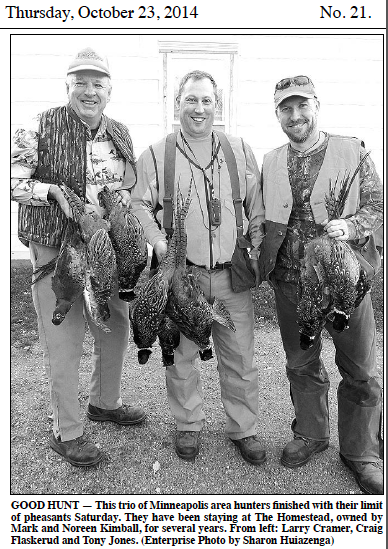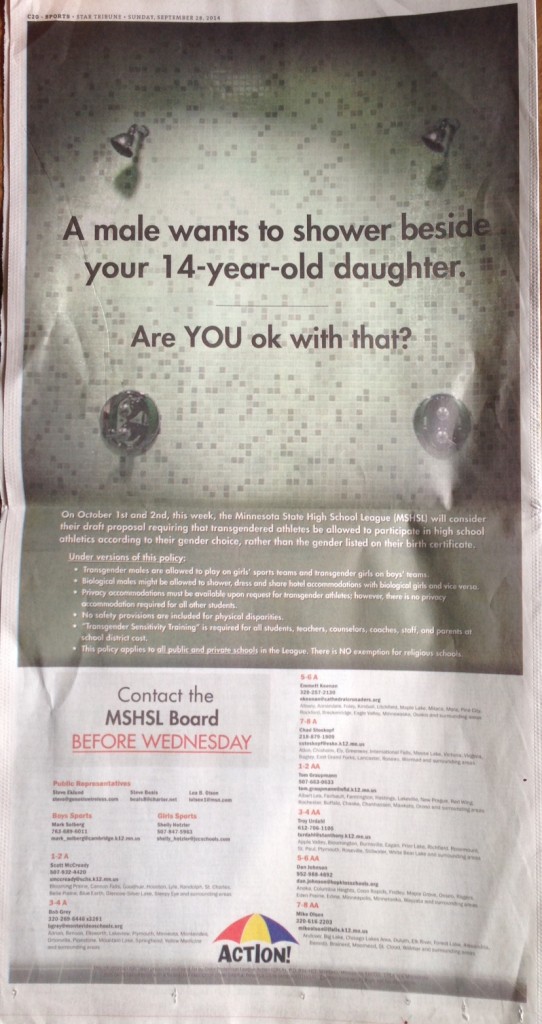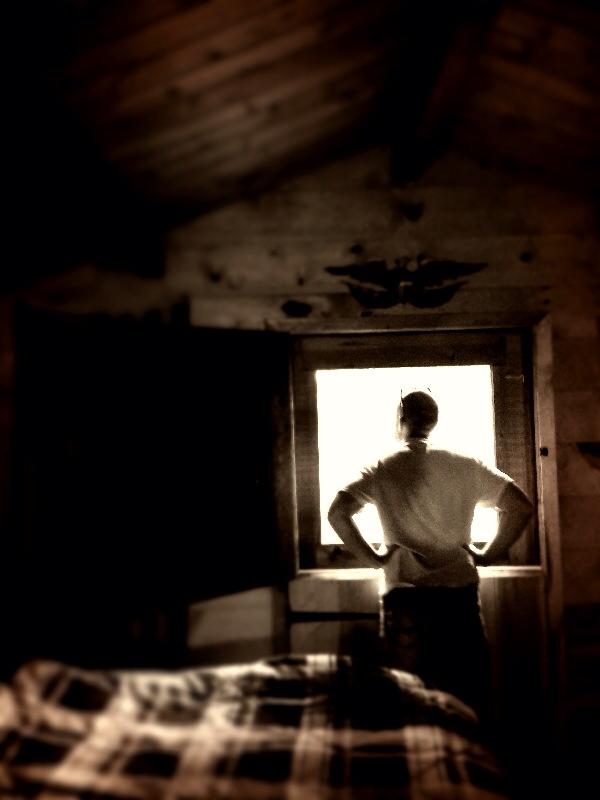Probably the most anticipated element of Cornerstone that I was involved with was a panel discussion entitled, “Gay Rights or Wrongs,” which was a conversation about how the church should approach the issue of GLBT persons. (I wrote about other aspects of Cornerstone last week.)
This was an exceptional moment in the 26-year history of Cornerstone since they had never before had a pro-GLBT-inclusion advocate as a speaker. In fact, as I noted last week, even as recently as five years ago, the seminars mainly had to do with the merits of creationism, pro-life strategy sessions, and evidential apologetics. The fact that I was there, and that recent speakers have included the likes of Phyllis Tickle, Chris Heuertz, Richard Twiss, Brian McLaren, Jay Bakker, and Shane Claiborne will, to some, show the slippery slope slide of Cstone into rampant, anything-goes liberalism. But to those of us who are a bit more rational about such things, it is evidence of the overall shift (dare I say, emergence) of evangelicalism.
On the panel with me were Rich Amesbury, a professor of ethics at Claremont School of Theology, Andrew Marin of the Marin Foundation, Christine Sneeringer from Worthy Creations Ministry, and Frank Carrasco of Exodus International.
Frank and Christine are both “ex-gay,” according to their testimony. When asked, they made it clear that they thought that persons could be cured of what they called “unnatural same sex attractions.” At one point, I asked that they panel use the words “gay” or “lesbian,” since it seems to me that “same sex attraction” is simply an evangelical euphemism for these terms.
But, to their credit, Frank and Christine were not strident. They both spoke candidly of their love for the “gay community,” and professed to having many gay friends. They did not imply at any point that gay persons could not enter the Kingdom of Heaven, nor did they imply that homosexual sex is a worse sin than any other sin. At one point, Christine even said that Exodux is not an “evangelism ministry” — in other words, Exodus does not try to get people out of homosexuality.
That got Andrew Marin’s ire up. In what was the only moment on the panel that approached contentious, he challenged Christine on that point, asking just what Exodus is about if not evangelizing people out of gayness. Christine replied that Exodus merely helps those who want out of homosexuality.
Otherwise, Andrew reiterated the main point of his book and his seminars: the evangelical approach to GLBT persons has been abominable, and it hasn’t accomplished anything but hurting gays and widening the rift between gays and the church. The first move, according to Andrew, must be love. First love. Once you’ve got that right, you can consider your next move.
Rich focused on the “heteronormativity” in our society, arguing that the discrimination against GLBT persons is because of the social constructs around sexuality rather than around theological or biblical arguments. Heteros have had the hegemony of majority and used it to oppress non-heteros.
For my part, I proposed that sexuality is a much more complex phenomenon than the church is usually willing to admit. We have these categories — “gay” and “straight;” “male” and “female” — when, in fact, many people don’t fall in line quite as we would like them to. (I use the term phenomenon purposefully, since one’s sexuality is ultimately one’s own experience of the phenomena of feelings and chemical processes and social expectations.) What, I asked, does the church do to a boy who is born with undescended testicles? Is Jesus’ day, he would have been thrown into a field to die of exposure, but we would consider that inhumane. However, where does that person fit in our communities of faith.
At that point, a hand went up in the back of the tent, and a person testified that, as a hermaphrodite, she’s found it nearly impossible to fit in in a church or in society. And a gay teenager in the front asked if the church would accept him if he got married to a man and adopted children someday. And a straight teen asked why she feels pressure to steer every conversation she has with her gay friends toward conversion.
Excellent discussion ensued, ably moderated by Michael Spencer.
Afterward, I spoke to my new friend in the back of the tent, and I was thrilled to find out that she’s found a church home in an emergent community of faith that I know well. However, as we spoke, two other former lesbians with Exodus hovered, literally holding an open Bible, hoping to have a moment to talk…











